The Science of Human Connection / Books & Publications
A sample of academic works published by our team that explore the science and solutions behind the crisis of connection.
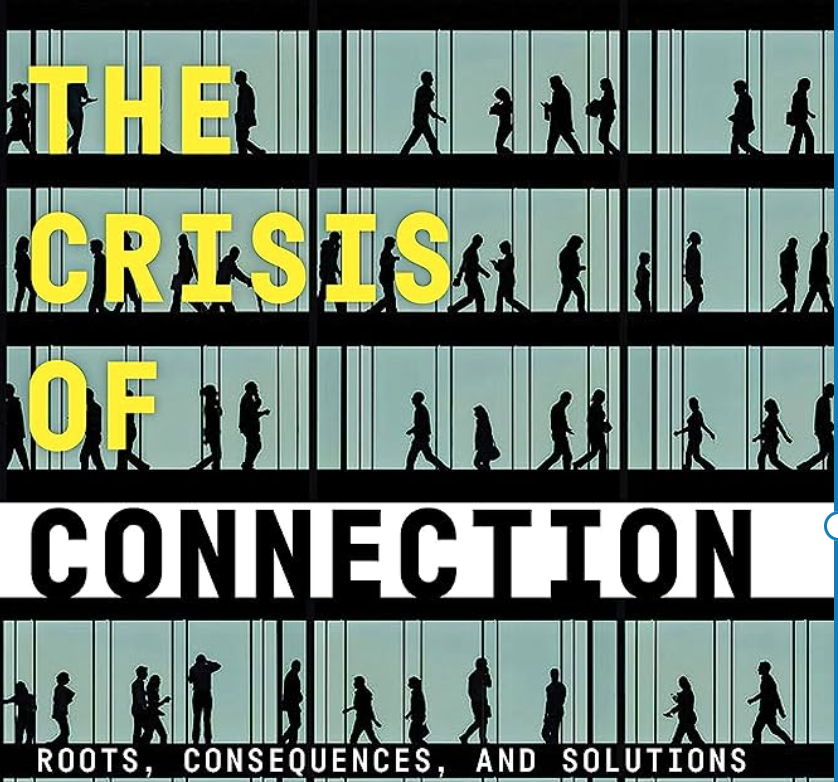
The Crisis of Connection: Roots, Consequences, and Solutions
By Niobe Way, Alisha Ali, Carol Gilligan, & Pedro Noguera | NYU Press (2018)
Deep Secrets: Boys’ Friendships and the Crisis of Connection
By Niobe Way | Harvard University Press (2011)
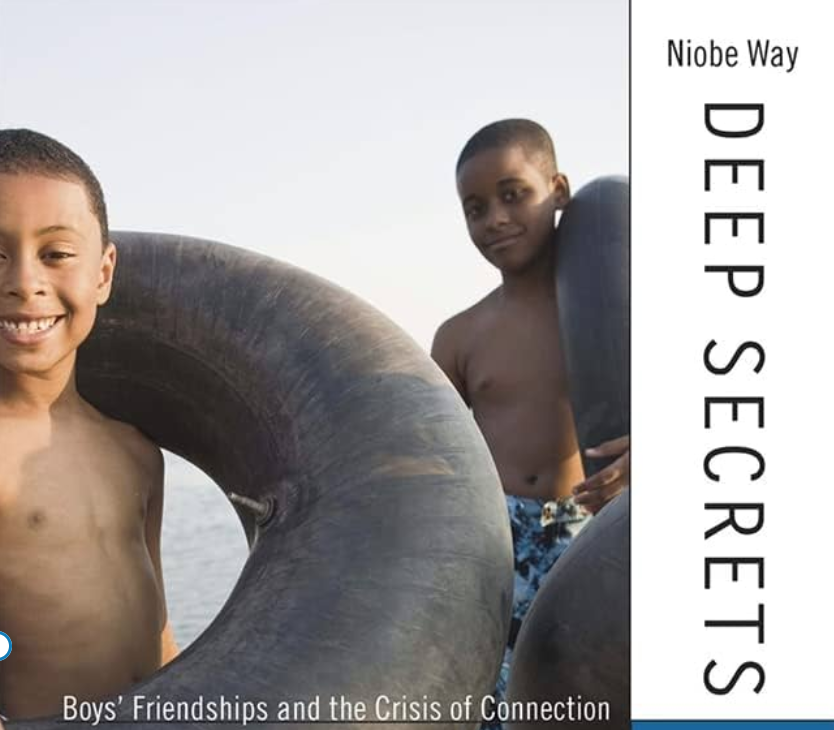
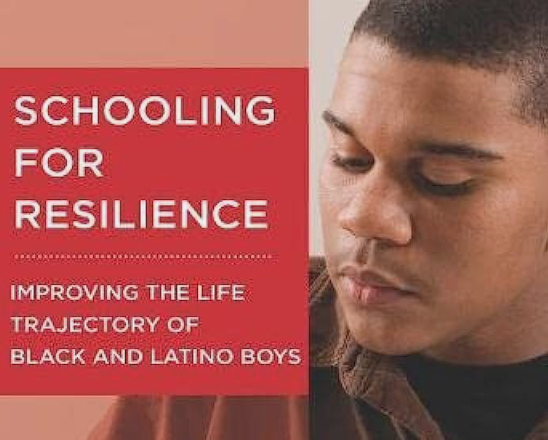
Schooling for Resilience: Improving the Life Trajectory of Black and Latino Boys
By Edward Fergus, Pedro Noguera, & Margary Martin| Harvard University Press (2014)
Immigrants Raising Citizens: Undocumented Parents and Their Young Children
By Hirokazu Yoshikawa | Russell Sage Foundation (2011)
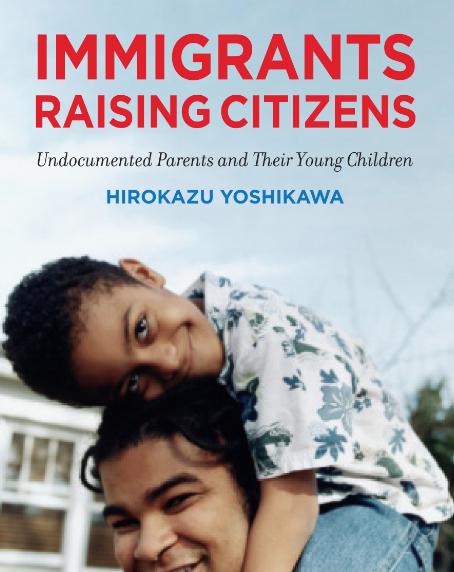
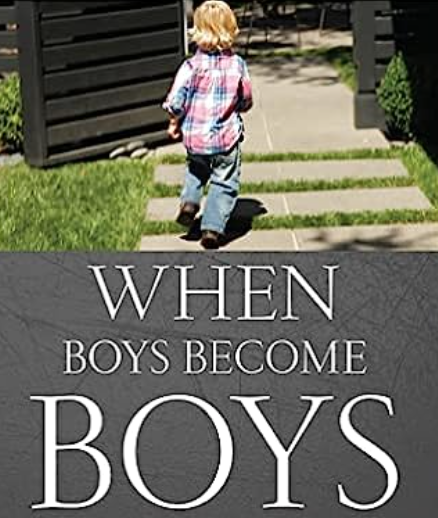
When Boys Become Boys: Development, Relationships, and Masculinity
By Judy Y. Chu & Carol Gilligan | New York University Press (2014)
Silencing the Self Across Cultures: Depression and Gender in the Social World
By Dana C. Jack & Alisha Ali | Oxford University Press (2012)
Masculinity and Aspiration in an Era of Neoliberal Education: International Perspectives
By Garth Stahl, Joseph Nelson, & Derron Wallace| Routledge (2017)
Toward Positive Youth Development: Transforming Schools and Community Programs
By Marybeth Shinn & Hirokazu Yoshikawa | Oxford University Press (2008)
Journal Articles
Niobe Way
Rogers, L. O., & Way, N. (2021). Child development in an ideological context: Through the lens of resistance and accommodation. Child Development Perspectives, 15(4), 242–248.
Way, N. (2019). Reimagining boys in the 21st century. Men and Masculinities, 22(5), 926–929.
Way, N., Cressen, J., Bodian, S., Preston, J., Nelson, J., & Hughes, D. (2014). “It might be nice to be a girl… Then you wouldn’t have to be emotionless”: Boys’ resistance to norms of masculinity during adolescence. Psychology of Men & Masculinity, 15(3), 241–252.
Way, N., Hernández, M. G., Rogers, L. O., & Hughes, D. L. (2013). “I’m not going to become no rapper”: Stereotypes as a context of ethnic and racial identity development. Journal of Adolescent Research, 28(4), 407–430.
Chu, J. Y., & Way, N. (2009). Presence in relationship: A new construct for understanding adolescent friendships and psychological health. Boyhood Studies, 3(1), 50-73.
Alisha Ali
Ali, A., Wolfert, S., McGovern, J., Aharoni, A., & Nguyen, J. (2020). A trauma-informed analysis of monologues constructed by military veterans in a theatre-based treatment program. Qualitative Research in Psychology, 17(2), 258-273.
Ali, A., Wolfert, S., Fahmy, P., Nayyar, M., & Chaudhry, A. (2019). The therapeutic effects of imagination: Investigating mimetic induction and dramatic simulation in a trauma treatment for military veterans. The Arts in Psychotherapy, 62.
Ali, A., Sharp, E., & Meged, S. (2015). Youth empowerment and the digital representation of self: Lessons from the PhotoCLUB project. Journal of Art for Life, 7(1), 1-23.
Ali, A. & Lees, K. (2013). The therapist as advocate: Anti-oppression advocacy in psychological practice. The Journal of Clinical Psychology 69(2), 160-169.
Ali, A., McFarlane, E., Hawkins, R., & Udo-Inyang, I. (2011). Social justice revisited: Psychological recolonization and the challenge of anti-oppression advocacy. Race, Gender, and Class, 19, 322-335.
Carol Gilligan
Brown, L. M., Debold, E., Tappan, M., & Gilligan, C. (2014). Reading narratives of conflict and choice for self and moral voices: A relational method. In Handbook of moral behavior and development (pp. 47-84). Psychology Press.
Gilligan C. (2004). Strengthening healthy resistance and courage in children: a gender-based strategy for preventing youth violence. Annals of the New York Academy of Sciences, 1036, 128–140.
Gilligan, C., Spencer, R., Weinberg, M. K., & Bertsch, T. (2003). On the Listening Guide: A voice-centered relational method. In P. M. Camic, J. E. Rhodes, & L. Yardley (Eds.), Qualitative research in psychology: Expanding perspectives in methodology and design (pp. 157–172). American Psychological Association.
Murphy, J. M., & Gilligan, C. (1980). Moral development in late adolescence and adulthood: A critique and reconstruction of Kohlberg’s theory. Human development, 23(2), 77-104.
Gilligan, C. (1988). Remapping the moral domain: New images of self in relationship. In C. Gilligan, J. V. Ward, J. M. Taylor, & B. Bardige (Eds.), Mapping the moral domain: A contribution of women’s thinking to psychological theory and education (pp. 1–19). Harvard University Press.
Joseph Nelson
Nelson, J.D., Maloney, T., & Hodges, Z. (2017). Engaging Diversity and Marginalization through Participatory Action Research: A model for independent school reform. Berkeley Review Education. 6(2). pp. 155-172.
Dumas, M., & Nelson, J.D. (2016). (Re)Imagining Black Boyhood: Toward a critical framework for educational research. Harvard Educational Review. 86(1). p. 27-47.
Nelson, J.D. (2016). Relational Teaching with Black Boys: Strategies for learning at a single-sex middle school for boys of color in New York City. Teachers College Record. 118(6). p. 1-30.
Nelson, J.D., Stahl, G., & Wallace, D. (2015). Race, Class, and Gender in Boys’ Education: Repositioning Intersectionality theory. Culture, Society, and Masculinities. 7(2). p. 12-32.
Reichert, M., & Nelson, J.D. (2012). Reproduction, Resistance, and Hope: The promise of schooling for boys. Journal of Boyhood Studies. 6(1), p. 4-15.
Jinjoo Han
Han, J., Way, N., Yoshikawa, H., & Clarke, C. (Accepted/In press). Interpersonal Curiosity and its Association With Social and Emotional Skills and Well-Being During Adolescence. Journal of Adolescent Research.
Han, J., O’Connor, E. E., & McCormick, M. P. (2020). The role of elementary school and home quality in supporting sustained effects of pre-K. Journal of Educational Psychology, 112(5), 956–972.
Pedro Noguera
Gregory, A., Skiba, R. J., & Noguera, P. A. (2010). The Achievement Gap and the Discipline Gap: Two Sides of the Same Coin? Educational Researcher, 39(1), 59–68.
Steen, S., & Noguera, P. A. (2010). A broader and bolder approach to school reform: Expanded partnership roles for school counselors. Professional School Counseling, 14(1), 2156759X1001400105.
Noguera, P. A. (2007). How listening to students can help schools to improve. Theory into practice, 46(3), 205-211.
Goldstein, M. J., & Noguera, P. A. (2006). Designing for diversity: Incorporating cultural competence in prevention programs for urban youth. New Directions for Youth Development, 2006(111), 29-40.
Noguera, P. A. (2003). Schools, prisons, and social implications of punishment: Rethinking disciplinary practices. Theory into practice, 42(4), 341-350.
Hirokazu Yoshikawa
Poteat, V.P., Yoshikawa, H., Marx, R., Sherwood, S.H., Richburg, A., Murchison, G., Lipkin, A., Yang, M., & Calzo, J. (2023). Engagement in gender-sexuality alliances predicts youth’s positive and negative affect: An 8-week weekly diary study. Journal of Youth and Adolescence, 52, 1-14.
Rosenbach, S., Yoshikawa, H., Sherwood, H., Poteat, V.P., & Calzo, J. (2021). Benefits for immigrant-origin and non-immigrant-origin youth of discussing immigration in gender and sexuality alliances. Psychology in the Schools, 59, 152-180.
Yoshikawa, H., Wuermli, A., Britto, P.R., Dreyer, B., Leckman, J., Lye, S., Ponguta, L.A., Richter, L., & Stein, A. (2020). Effects of the global COVID-19 pandemic on early childhood development: Short- and long-term risks and mitigating program and policy actions. Journal of Pediatrics, 223, 188-193.
Yoshikawa, H., Aber, J. L., & Beardslee, W. R. (2012). The effects of poverty on the mental, emotional, and behavioral health of children and youth: Implications for prevention. American Psychologist, 67(4), 272–284.
Yoshikawa, H. (1994). Prevention as cumulative protection: Effects of early family support and education on chronic delinquency and its risks. Psychological Bulletin, 115(1), 28–54.